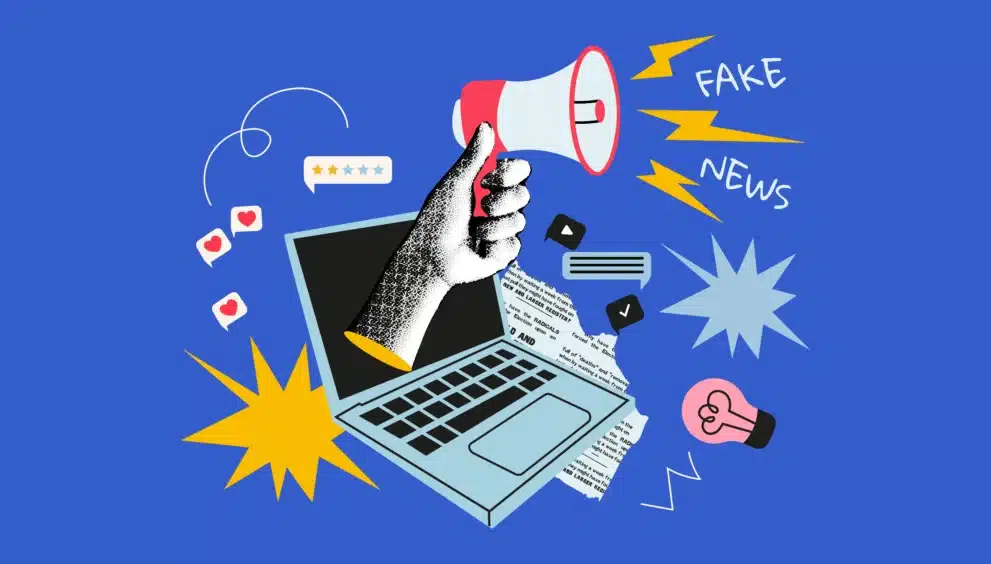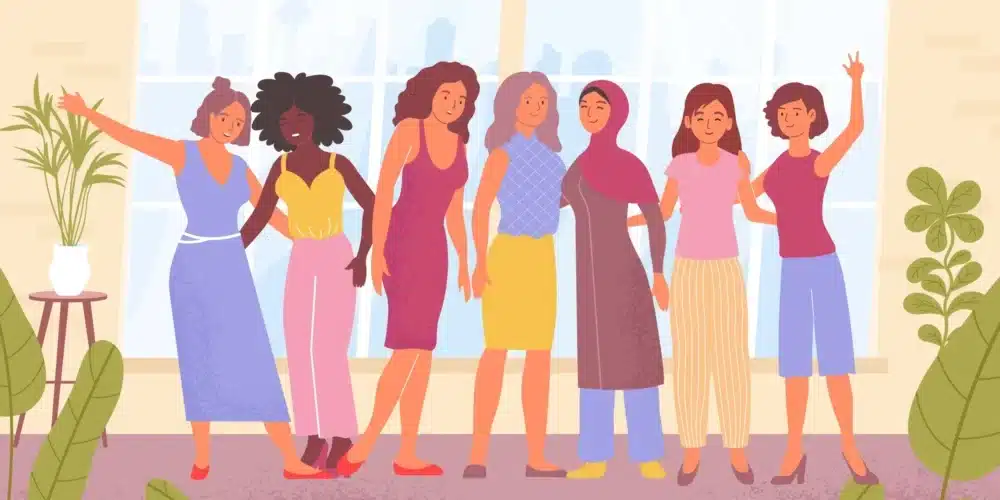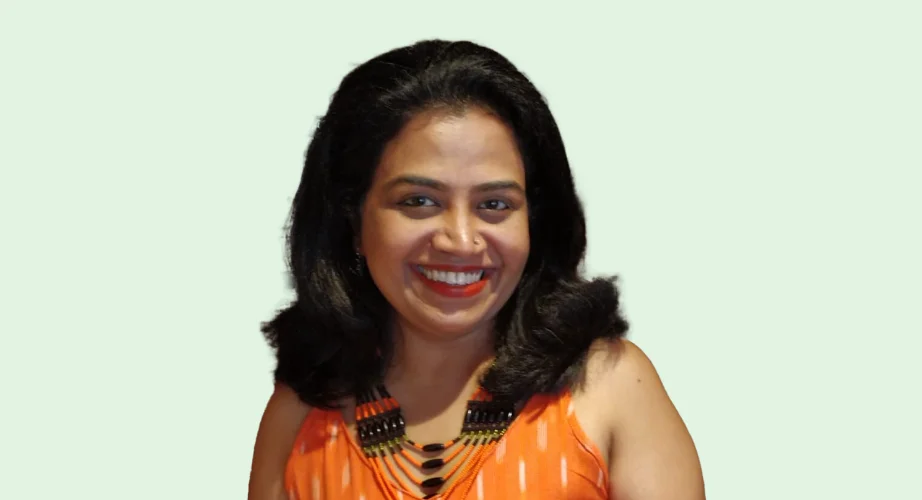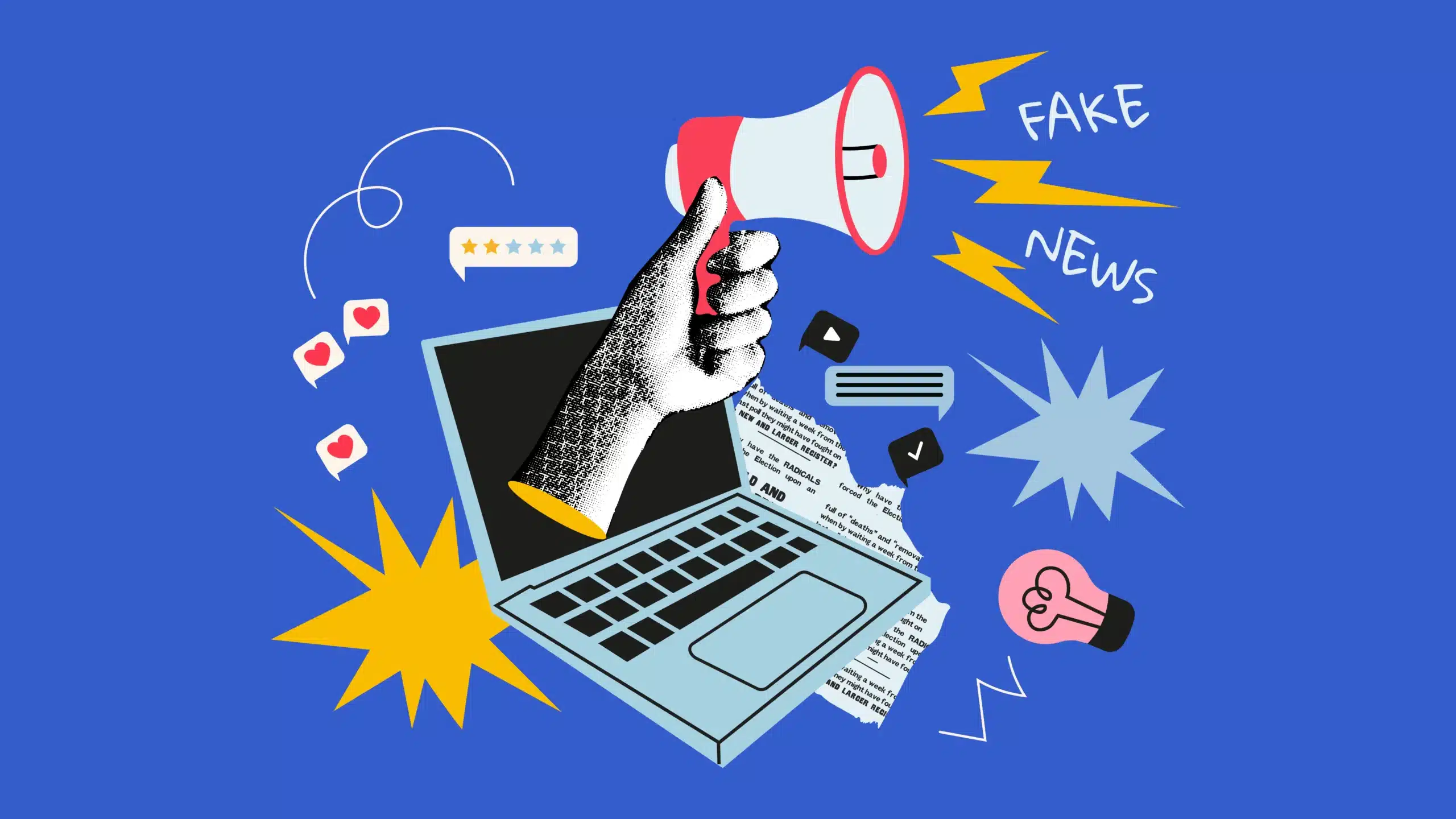Today, there is an abundance of information available online. But there is also a significant amount of misinformation. It has become vital to separate fact from fiction. The rise of social media and other tech start-ups has shifted the way people seek information. Rather than consulting qualified experts, many turn to online platforms. Misinformation plays a role in shaping people’s perceptions and decisions. Particularly in the case of health, this often leads to harmful misconceptions and distrust in science. For instance, in the US and the UK, in 1990s, the measles vaccination campaign faced massive opposition due to false claims linking the vaccine to autism.The rampant spread of health misinformation and the ensuing mistrust have a huge impact on global efforts to deal with critical healthcare challenges related to cancer, reproductive health and nutrition, among others. As a doctor, it’s disheartening to see patients opt for alternative remedies or unproven therapies, resulting in delayed or ineffective treatment. We need to address health misinformation promptly, as countless lives are at stake. When the World Health Organization (WHO) introduced its flagship Infodemic Management course, I was keen to learn the tools to effectively address misinformation. The course provided me with valuable insights, especially on the influence of social media. As a signatory, I felt a great sense of responsibility to help people make informed health decisions. When we started First Check in 2019, as a unique health fact-checking initiative, I had this idea to collaborate with other stakeholders — journalists, communication experts, policymakers, and more. I believed that collective effort would be essential in tackling the issue effectively. Today, we have more than 50 members from across the globe who have volunteered to be a part of this battle against health misinformation. They play a pivotal role in validating evidence-based information and providing support in varied ways, ensuring that our collaborative efforts have a meaningful impact. At First Check, we firmly believe that health fact-checking is essential because misinformation has a big influence on how people make decisions about their health. We strive to make evidence-based health information easily accessible, while debunking common myths and viral misinformation on social media platforms. Although misinformation has long existed, the digital age has amplified its spread. The COVID-19 pandemic, in particular, has complicated the issue, especially concerning vaccination-related misinformation. It’s crucial to continue educating the public about the importance of credible, scientific health information, which, in turn, can guide them towards evidence-based healthcare solutions. 
Dr Sabba Mehmood
Co-founder, First Check | 











